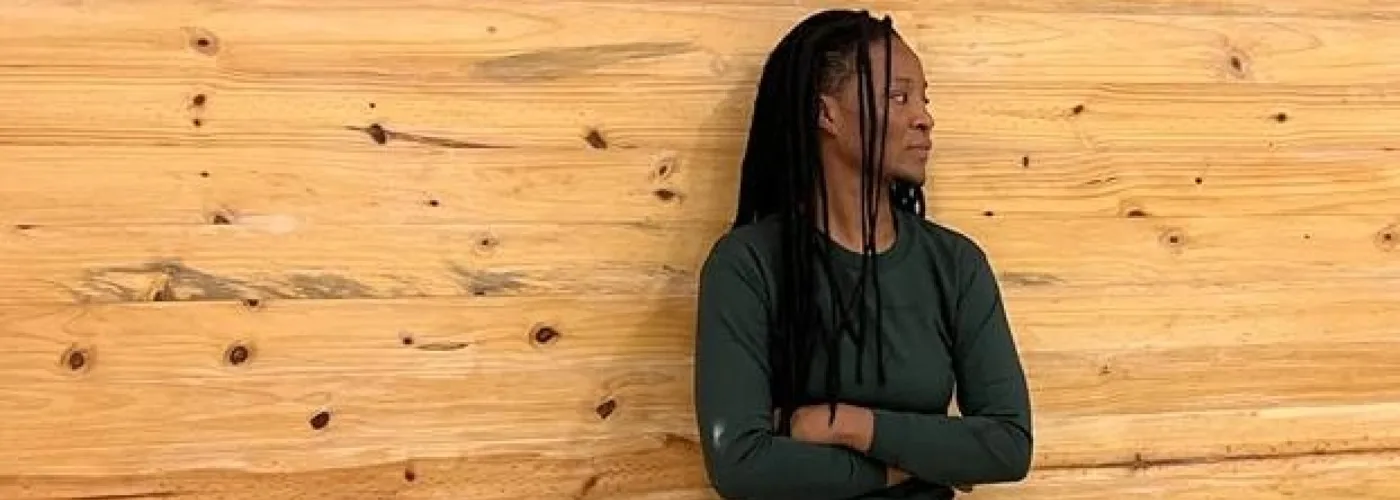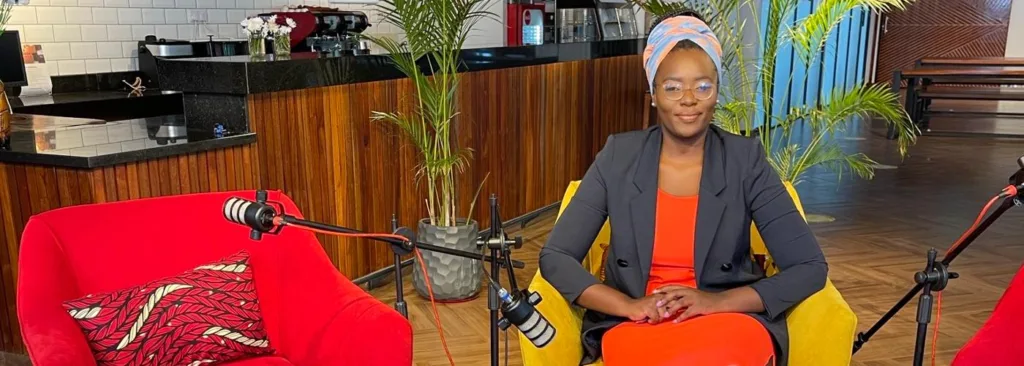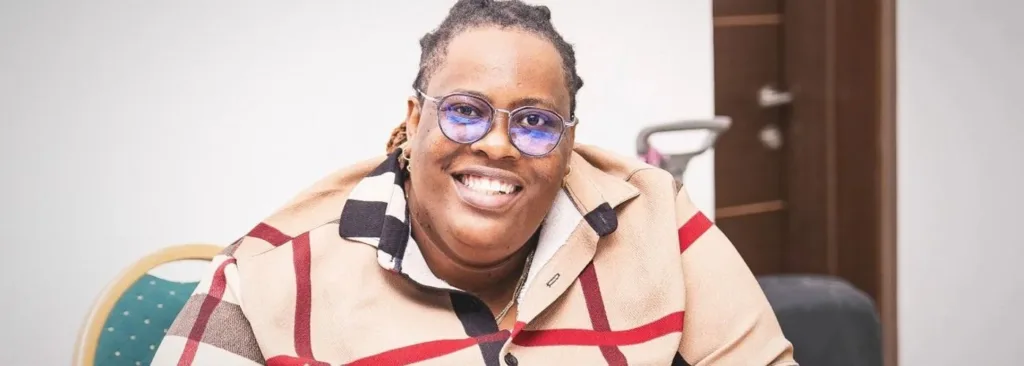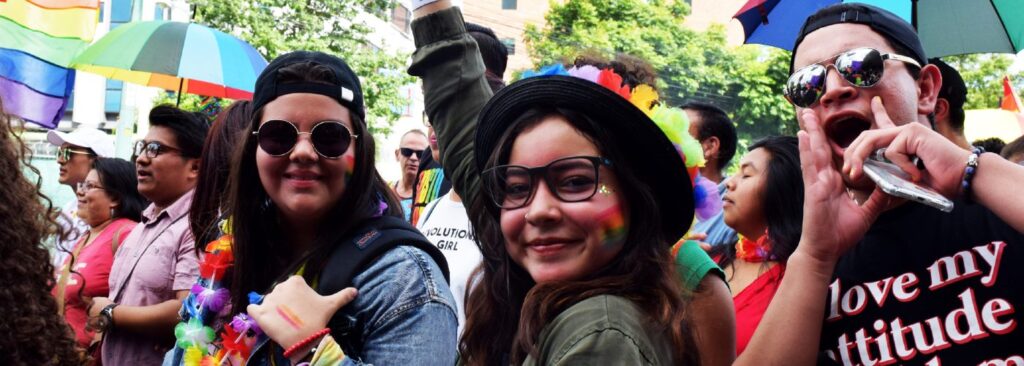A bill currently under parliamentary review in Ghana is set to “protect” family values. However, its real objective is to criminalize same-sex relations and identifying as LGBTIQ+, prohibit advocacy for LGBTIQ+ rights, allyship, donor support, and ban transgender healthcare.
Adisa Musah (he/him) is our Free to be Me program’s Community of Action (CoA) facilitator in Ghana, hosted by the Solace Initiative. We asked him what the situation is like now and what motivates him to fight for LGBTIQ+ rights in Ghana.
The situation is tricky
“Anytime this bill is discussed in parliament, there’s a huge backlash against the queer community, from targeted discrimination to physical abuse. But when the issue quiets down, so does the negativity towards our community. So the situation is tricky; we lose spaces to operate in, and allies are stepping back from the cause. New allies, however, are also stepping up,” he said.
It has not always been this way
Before 2021, when the discussions around the bill started, things were not so bad. Adisa used to wear his traditionally masculine Ghanaian outfit in public without a problem, but this is no longer the case.
“Right now, for my own safety and sanity, I’d better not wear those clothes out on the street. As someone who was assigned female at birth, I’m less likely to be attacked by a mob. But the verbal abuse is terrible. Luckily, I have a car, but I’ve heard from other masculine-presenting women that they haven’t been allowed on public transportation because of their appearance. Even taxis refuse them. For feminine-presenting men and trans women, the situation is worse. They’re usually attacked physically. People either follow them in the streets or ask them to meet up through social media as if it’s a date. Then they are attacked or even stabbed. We’ve seen community members get killed this way.”
For something to get better, it has to get worse
Adisa said that community organizing has become more difficult as well. “Hotels that we always used for conferences no longer want to host us. People are being thrown out of their homes, forced into (straight) marriages, chased out of their schools. It just keeps getting worse. But I believe it’s part of the work that we do; it’s part of the change process. And we try to keep safe. So we don’t host an event at the same place twice. And we can’t tell anyone who we are. If we do, or they find out, they’ll say the venue is fully booked.”
“For me,” Adisa added, “the reason why the backlash has intensified is because we’ve done so much work. We’ve made an impact, and the only way the opposition feels they can push back is with violence.”
“But it will get better,” he continued. “We’ve grown tough skins. We identified things to do and not to do. But we did position ourselves in a certain way, and so we’re taking the consequences for the time being. A lot of us no longer speak to our families; we’re ostracized.”
Adisa is not fighting for himself
“For me, fighting this war, it’s not for me,” Adisa stated. “It’s for my son. He’s eight years old now. And I think to myself, if he grows up and identifies as a queer person, what society would I want him to live in? Sure, it’d be easier to just to leave the country. But that’s the easy way out. And wouldn’t we then just remain on the run? I would be running away and not fighting the tough fight for my home, for my child, and for any child to grow up to be whoever they are and remain in the place they call home. That’s why I continue fighting.”




